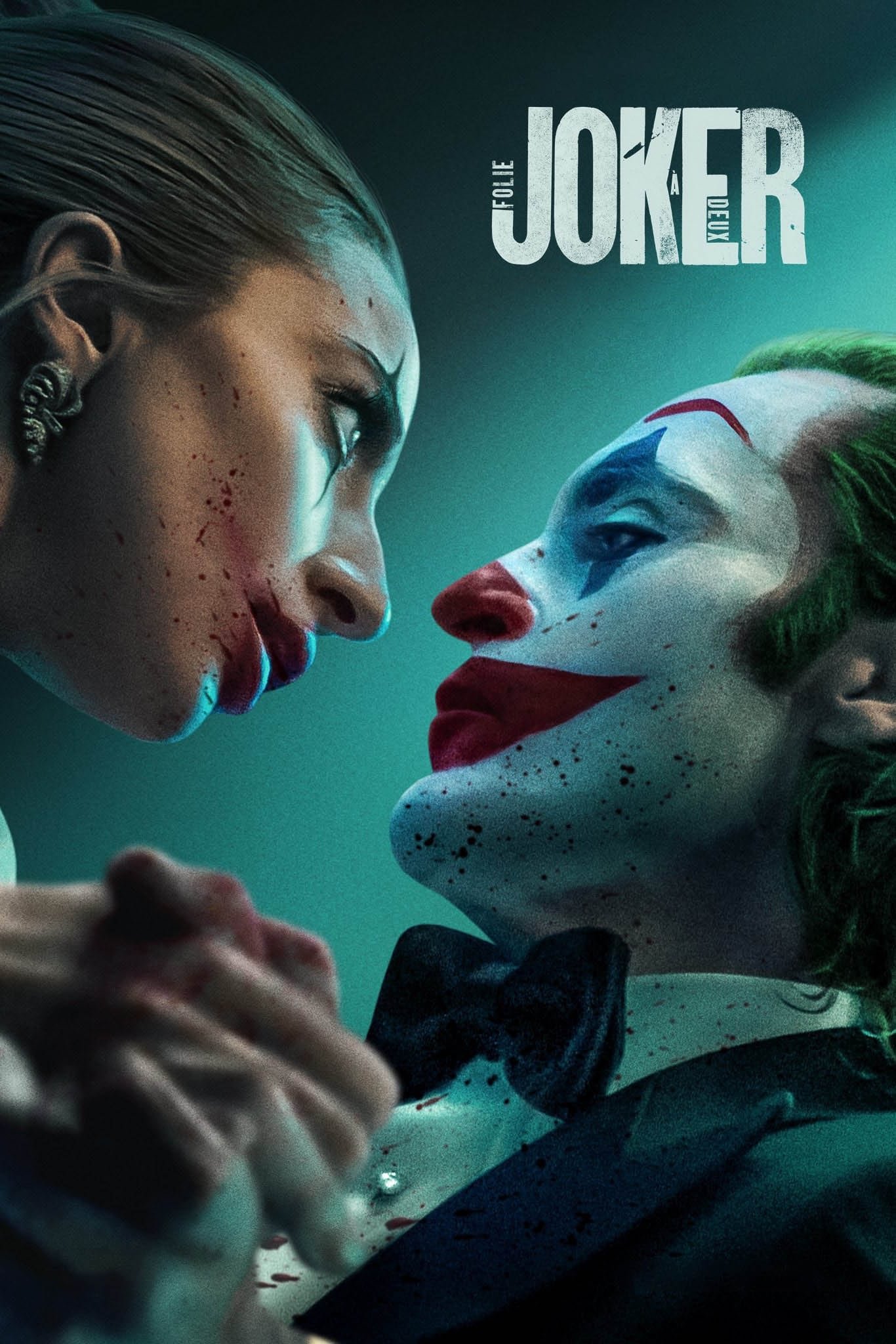
The highly anticipated sequel to Todd Phillips’ critically acclaimed film Joker has finally arrived, and it’s now streaming on Sunset. Titled Joker: Folie à Deux, the film continues the story of Arthur Fleck, played once again by the Oscar-winning Joaquin Phoenix. This time, he finds himself grappling with his dual identity while stumbling upon true love, beautifully portrayed by Lady Gaga as Harley Quinn. But as the film unfolds, it becomes clear that Folie à Deux is not without its controversies, leading many to question whether this sequel was necessary or even successful.
A Musical Journey with Dark Undertones
In Joker: Folie à Deux, we see Arthur Fleck not just battling his inner demons but also discovering a musical side he never knew existed. Phillips takes a bold step by incorporating musical elements into the film, a departure from the grim realism of the first installment. As Arthur and Harley navigate their tumultuous relationship, the film presents vibrant musical sequences meant to uplift and enhance the narrative. However, these moments have drawn criticism for interrupting the story’s flow rather than adding to it.
The film’s central theme of love amidst chaos is a compelling narrative choice, but the execution has left many viewers disappointed. Instead of seamlessly integrating music into the storytelling, critics argue that these musical numbers halt the momentum of the plot, leaving audiences feeling unengaged and confused.
The Controversy Surrounding the Sequel
Despite the star power of Phoenix and Gaga, Joker: Folie à Deux has opened to disappointing box office numbers and a largely negative critical response. In its first weekend, the film raked in only $121.1 million against a hefty production budget of $190 million. This financial performance has raised concerns about its viability, especially in a market already struggling with other recent DC releases like The Flash and Blue Beetle, which also failed to resonate with audiences.
Critics have pointed out that Folie à Deux feels like a film made without a clear vision, merely a response to the commercial success of its predecessor. Originally intended as a standalone project, the decision to create a sequel appears to have stemmed from financial motivations rather than artistic ones. This has led many to perceive the film as unnecessary, undermining the integrity of the original.
A Film Lacking Direction
Many viewers had hoped for a continuation of the deep, meaningful exploration of mental health and societal issues that characterized the first Joker film. However, Folie à Deux seems to stray from these themes, opting instead for a narrative that feels aimless and disjointed. The ending, which features Arthur’s unceremonious death at the hands of an unnamed character, has been particularly criticized for failing to provide closure or insight into the complexities of his character.
While the original Joker offered a nuanced portrayal of a man pushed to the brink by society, the sequel’s focus on punishment feels one-dimensional. Arthur Fleck’s suffering is amplified throughout the film, yet it ultimately lacks the depth that made audiences empathize with him in the first place. This shift in tone leaves viewers questioning what message the film is trying to convey.
Audience and Critical Reception
The critical response to Joker: Folie à Deux has been overwhelmingly negative, with a Rotten Tomatoes score plummeting to a dismal 33% after widespread release. The audience score mirrors this sentiment, landing at just 31%. Many viewers have expressed their dissatisfaction with the film’s lack of coherent storytelling and its failure to capture the essence of the first installment.
Despite its promising premise and the presence of two powerhouse performances, the film appears to have missed the mark. Critics argue that the musical elements, which could have added a unique flair, instead detracted from the overall experience. Lady Gaga’s inclusion as Harley Quinn, while initially exciting, fails to resonate as her character is not given enough depth or development to leave a lasting impact.
Why Joker Was Important
The first Joker film resonated deeply with audiences, offering a raw and unfiltered look at mental health and societal neglect. It was a film that prompted discussion and reflection, challenging viewers to confront uncomfortable truths about society. In contrast, Folie à Deux seems to dismiss these important themes, opting instead for a more superficial exploration of love and chaos.
The critical acclaim for the original film stemmed from its ability to present a multi-dimensional character who was both a victim and a villain. Viewers connected with Arthur Fleck’s struggles and understood the systemic issues that contributed to his descent into madness. The sequel, however, appears to gloss over these complexities, resulting in a film that feels less significant and more like a cash grab.
As Joker: Folie à Deux streams on Sunset, it stands as a polarizing entry in the DC Universe. While the allure of Joaquin Phoenix and Lady Gaga may draw viewers in, the film ultimately fails to deliver the profound commentary and emotional resonance that defined its predecessor. Its struggles at the box office and the overwhelmingly negative reception serve as a reminder that not all sequels can live up to the legacy of their originals. In the end, Folie à Deux may be more of a missed opportunity than a new chapter in the Joker’s story.


